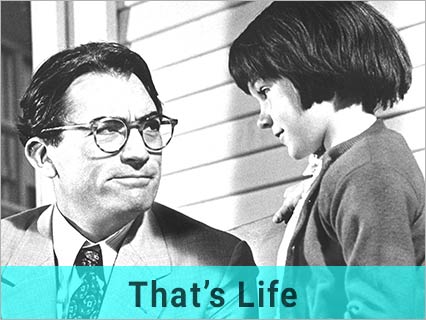Our need to be needed.
22 Aug 2018
Dear LPG
I know that you hope to reach pensioners, pre-pensioners and their children with any information which might help them. This message is for the relatively younger members in that category.
If nothing else, my more than 77 years on this planet have taught me that one of the most important things that any adult needs is the feeling that they are needed.
I can remember being young and often soliciting advice and counselling from my grandparents. In the 1970s, when I was in my thirties, my parents were often the busy ones, and when it came to advice about anything from the finer points of how to get satisfaction from your job to different ways of dealing with a disruptive child when you have run out of ideas, both the thoughts of parents and grandparents were invaluable.
Over past years, both historically and geographically, the younger generations have always given the advice of their elders much more credit than it appears that they do today. They bowed to their life experience and looked up to them, but I think that advances in transport, and the financial need for younger people to move to areas where houses are less expensive than in the London suburbs, has put a lot of distance between grandchildren and their grandparents. Parents are often so busy getting through their own lives that they hardly have the time for anything else, but as we live longer, and our lives get a little emptier, in my experience, feeling needed is one of the most meaningful emotions that we can have, and children, whatever their age, are missing out on so much by not asking our opinions more.
The youngsters of today think that they know it all, and it is true that when it comes to new technology I bow to their expertise, but there is so much more to life than the virtual side of things.
If I asked about how often they get in touch with their older family members, I imagine many of the younger generations answering with the question… ‘Why don’t they call us more often?’, but they forget that they are frequently so busy and can often pass their impatience onto an older family member who calls. The result is that we don’t want to interrupt and consequently phone less often. In spite of time restraints, we really do appreciate and need the youngsters to phone just a little more often , especially when it is difficult to visit. Choosing a time when everyone can afford to chat for just a little longer can be really valuable for both parties involved.
We all need to realise how much an older person appreciates knowing a little about the problems that their younger family members are experiencing, while a stressed youngster can get a lot out of a conversation which is unhurried and focuses on all the plans and problems that both participants need to address.
Being asked about real problems can remind us that we have something real to offer and thinking about each problem posed ,has a positive habit of forcing us to stay more focused in this real world, while enhancing that feeling of belonging that we all have a need for. It is so easy to lose track of time, especially when you are alone and each extra thing that helps you to focus can often be a really good way of focussing the mind. Asking is something that younger people do without thinking when approaching a younger or professional person, but I suggest that they are missing out on a wealth of knowledge by not involving the older members of our families more. I envy the friends that I know who can strike up a conversation about a real dilemma that they are considering.
There are many elders who will not be able to respond, because of varying degrees of dementia, but we know that sufferers often have varying degrees of memory loss from day to day.
We elder guys often don’t know about computers or new technology, but we do know a little about getting through life and our old-fashioned ideas have a habit of becoming fashionable again; often going full circle.
I am glad to say that my family do help me to continue to feel included in this way and I appeal to the children and grandchildren to recognise the experiences of the elders around them. They have a lot to offer and being asked to do so will make such a difference to their lives. It is something that younger people take for granted.
EL, New Cross







